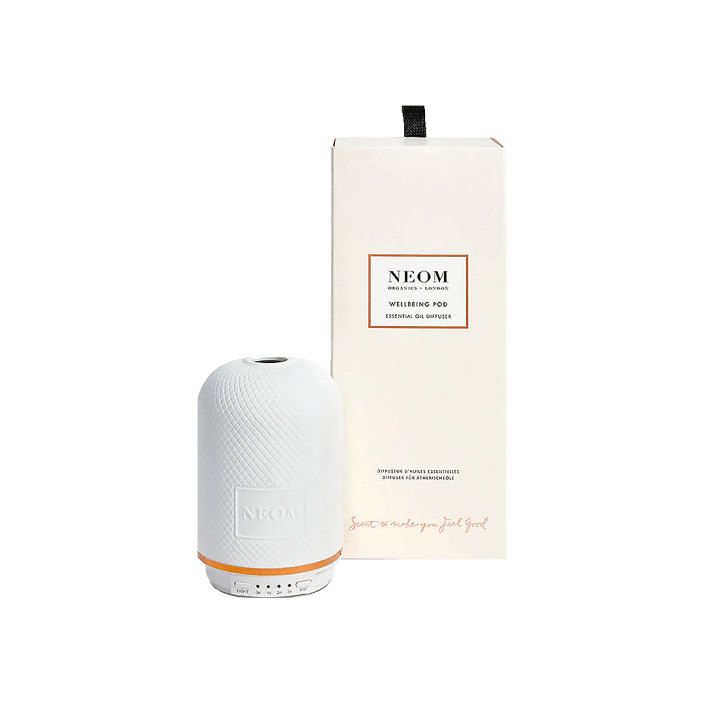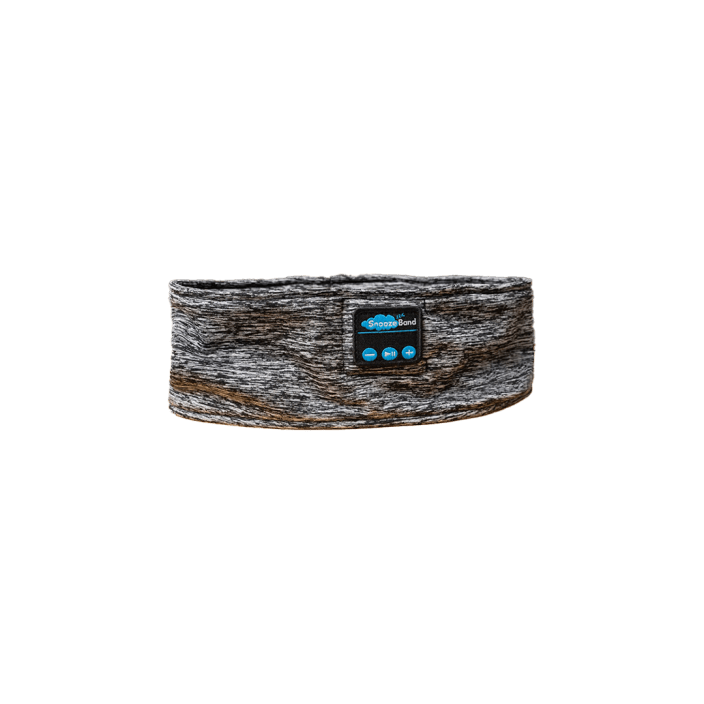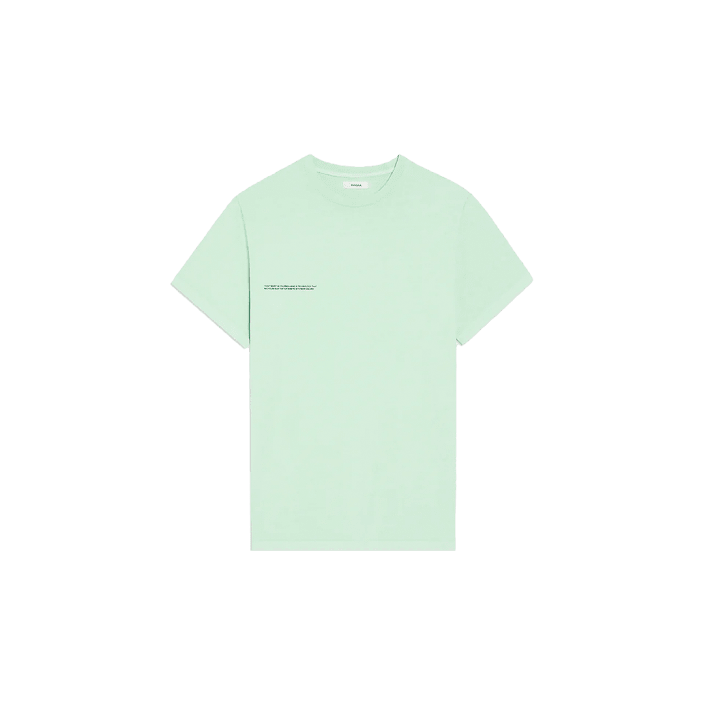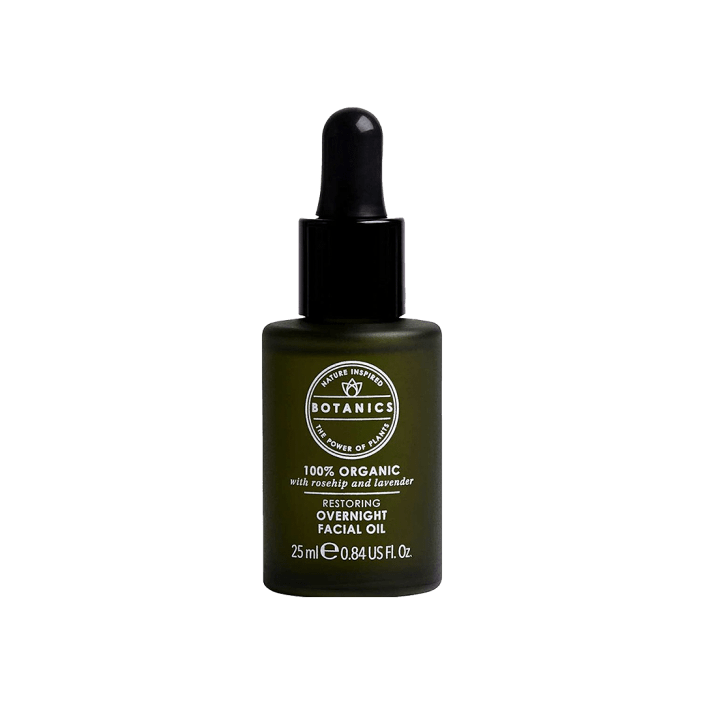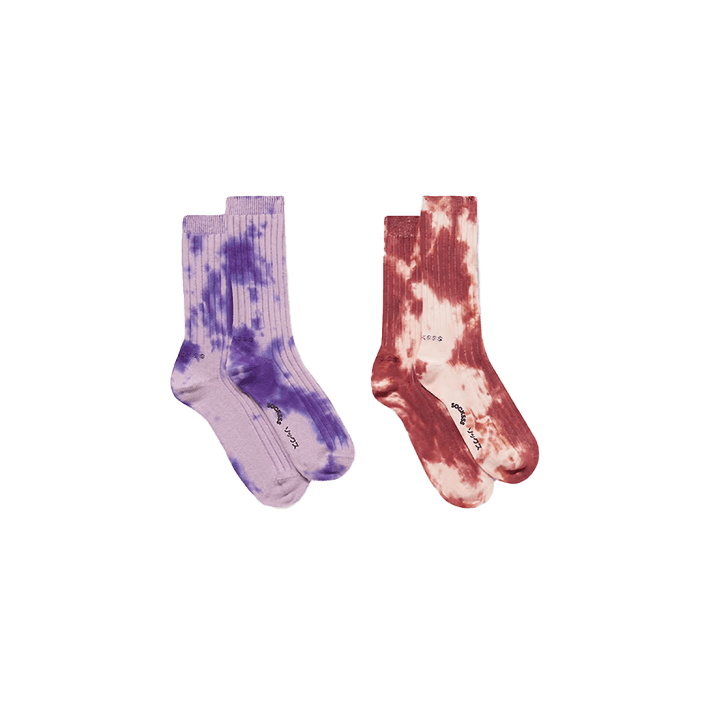Pharrell is biohacking (probably) and so can you
The art of reversing or maintaining biological age is all the rage, this is how we do it
The art of reversing or maintaining biological age is all the rage, this is how we do it
Pharrell Williams is fifty next year, but still looks like he could get ID’d. Even Frank Ocean has been trying to get clued up on Pharell’s skincare routine. As he once said in a GQ interview; “It’s been all these years, and Pharrell still hasn’t given us the keys yet. He just says ‘exfoliate’, but it’s not just ‘exfoliate’, we need more keys.”
But Pharrell’s not the only celebrity who seems to be an IRL Benjamin Button. There’s J-Lo, NFL legend Tom Brady, vegan rock god Lenny Kravitz, and many more. How are they all doing this?! Possible genetic gifts, yes. But it’s not just genes and skincare, these people are biohacking.
What is biohacking?
Biohacking is a bit of a vague term being used across age-and-health-conscious industries. Essentially it’s all about ‘hacking’ your biological age to make it younger, or at least age slower. The word biohacking has been used since at least January 31, 1988, when Michael Schrage wrote an article entitled “Playing God in your basement” for The Washington Post.
One of the main ambassadors of biohacking as we know it is a guy called Dave Asprey, whose goal is to live until he’s at least 180 years old. He made a lot of money in his early twenties working within and setting up some of the earliest online companies, but he was plagued with health issues. Since, Asprey has spent millions trying to hack his biological age (aka biohacking). A lot of that coin has been put into his own businesses within the sector, and self-experimenting. He's an interesting person, and his work is still very much an emerging set of findings. But Dr Roy says "research also points out that even if you're 80 or older, you can increase your health and lifespan." So perhaps there's something to it.
What is a biological age?
Biological age looks into how your body has aged health-wise, as opposed to your chronological age (how many birthdays you've celebrated). Biological age is affected by lifestyle, nutrition and illnesses. We can actually detect this in the DNA, according to a study published in the National Library of Medicine. Thing is, it’s very much still an emerging science and therefore would probably be very expensive if you were even able to access it. One day, Asprey hopes 'biohacking' will be fully available to everyone.
Back to the science for a second. On a technical level, “we have ‘hallmarks of ageing', they show different processes that happen with biological age. They include decreased brain signalling, gene changes, inflammation, and damage in the mitochondria, or in soft tissue.” Says Dr Avi Roy, a biomedical scientist and co-founder of longevity “coffee” company UDA.
We can tap into a lot of this science without knowing what “mitochondrial signatures” are though. In terms of finding our biological age, there are questionnaires you can answer online, but they aren’t specific enough to be completely accurate. What we can all do is lower whatever number these tests say our biological age currently is.
So how can we biohack, and should we?
In short, biohacking is all about feeling younger, so yes it’s not a bad thing to do. The methods and intensity with which to achieve this are a less clear area. Some biohacking methods are a little dangerous (such as drinking unfiltered water) others might be okay for some but not all people (like eating an exclusively raw diet), and many are deemed safe and good for most everybody. We’ll focus on the latter, of course.
Movement
Generally, movement is life, so the consensus is to move as much as possible. That being said, 15 to 20 minutes of brisk walking is enough to make a good difference when it comes to biological ageing. For something concrete, one comprehensive report found that people who walk 112 steps a minute for 30 minutes a day (which is only 3,360 steps) can reduce chances of getting dementia by 60%.
Within the biohacking world, specifically, movement buzzwords include HIIT and VO2 max (which is a measure of how much oxygen your body can utilise during exercise, the more the better). High Intensity Interval Training is the idea of short and full-on exercise, which early studies suggest might have better health benefits for elderly people than moderate cardio, we'll stress the "might". Either way, moving in whatever way that you enjoy is key.
Of course, the world of sport is very up on biohacking. Which makes sense, as careers in sport are often short and/or super intense. If there’s a way to help muscles grow and recover quicker, you can guarantee someone has tried it. Cryo chambers (essentially bathing in liquid nitrogen for a couple minutes), oxygen chambers, infrared saunas (which are like a normal sauna, but they use safe radiation to directly heat the body, meaning you get heat deeper into the muscles) are all super popular with elite athletes, and others who can afford or access the equipment.
But there are smaller-scale, cheaper, activities we can implement too. Cold water swimming is one of them (Lorde loves it, and so might you), surfing is another. Among their benefits is exposure to cold water, which is known to help with pain relief, circulation, and even stress (so showering could also work, Pharrell washes his face in cold water). Lifting moderate weights for a longer period is also shown to help. Strength training helps to prevent muscles from declining as quickly as they might otherwise (our muscles peak at about 35 years old). Dwyane “The Rock” Johnson’s trainer says that Johnson uses moderate weight as it allows him to fatigue his muscles (good) without stressing the nervous system as much as heavy weights do (not good).
Eating well
‘Adaptogens’ and supplements are big business in the biohacking world too. Anything from meal-replacement drinks and probiotics to adaptogenics like medicinal mushrooms and ashwagandha qualify as ‘biohacks’, so there’s a fair bit most of us can do to biohack our way to feeling younger, or preserving the youth we have. But there’s also a lot of evidence that just eating well makes a huge difference.
The general sense of what eating well means, prioritising natural and unprocessed foods, 80% of the diet being the goal. Within this, a focus on getting plenty of veggies, some fruit (especially berries), and plenty of water, along with protein, is key. But life’s about balance wherever possible, plus we know how good treats feel. Science supports it, saying that happiness is linked to a longer life. So enjoy your well earned treats, too.
Recover, reset, recharge
Speaking of not stressing, rest is key. Downtime has been proven to be good for brain health. From letting muscles repair in order to get back out there and move, to simply switching off. Stress is not good for improving biological age at all.
This is why supplements are so popular in the biohacking world: 5-HTP (which raises serotonin and releases melatonin) and Ashwagandha (which is said to have calming properties), namely. They help with sleep too. And yes, sleep is a form of biohacking (it’s not all about intense cardio). Beauty sleep is a whole thing! And we’re talking about holistic beauty, as well as looking fresh. Vitamin D is also a big pal of sleep, even though we get it from sunlight.
There’s also the rest that isn’t sleeping. Chilling out, taking holidays, even learning to breathe well. And where better to have a little walk and recharge, and do some breathing, and eat some nice snacks, than in nature? Living near nature has even been shown to increase lifespan.
So yeah, biohacking. A word with roots in Silicon Valley, that might just help us all feel a little bit more like how Pharrell looks.


